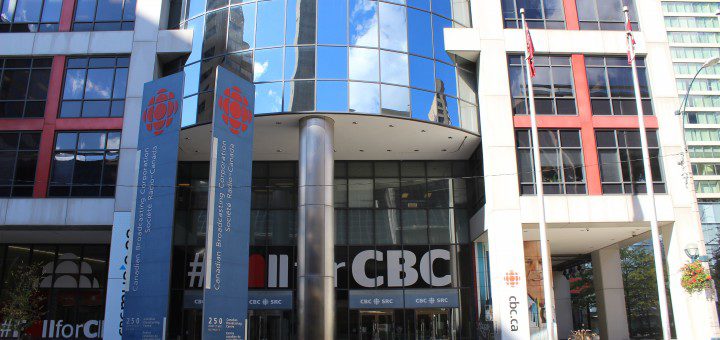CBC Ombudsman Esther Enkin discusses climate change reporting and why what reputable agencies, such as NASA and NOAA, have to say is worth discussing.
[[{“fid”:”3128″,”view_mode”:”media_original”,”fields”:{“format”:”media_original”,”field_file_image_alt_text[und][0][value]”:””,”field_file_image_title_text[und][0][value]”:””},”type”:”media”,”link_text”:null,”attributes”:{“style”:”margin-left: 10px; margin-right: 10px; float: left;”,”class”:”media-element file-media-original”}}]]By Esther Enkin, CBC Ombudsman
The complainant, Ron Richards, questioned reporting claims from NASA and NOAA that 2014 was the hottest year on record. He called it propaganda and had serious issues with the methodology and data used. His concerns were unfounded. Climate change is a reality and what reputable agencies have to say about it is worth reporting.
COMPLAINT
You wrote to say you were “shocked” that the CBC reported on News Network “claims made by NASA and NOAA (National Oceanic and Atmospheric Administration) that 2014 was the hottest year since 1880. You said that the reporter should not have stated it was the warmest year without also mentioning that by NASA’s own admission, the probability of it being so was only 38%. You questioned why, if the probability was so low, the report didn’t point out that there was a 62% chance that 2014 was not a record setting year. You also said that the claim is based on a single data set and that it was contaminated by many factors. You added:
I don’t believe the publically funded CBC is allowed to push US government funded lies, and misinform its viewership. The CBC should be made to reiterate the story, and point out the obvious flaws. This should be done for several days so that the viewership will not miss the CBC clearing up the lies they have been fed.
In subsequent emails, you articulated other questions and flaws you see in the methodology. You further explained that you were not denying there was global warming, but you thought its impact is overstated:
The problem is this warming is exaggerated, the ramifications of it are exaggerated, and stories like the hottest year on record are scientifically meaningless propaganda meant to further the agenda of special interests groups, by deceiving the public.
You reiterated this point in another email:
I know there is a lot of hype around this issue, and the issue is rife with false claims. Please do not be fooled. I understand that there is a claimed consensus on this matter. However, all of the so called 97% consensus papers have been conclusively refuted in the peer review.
I am tired of seeing unfounded alarmism, and false claims on the CBC, which my tax dollars pay for. It is clearly propagandistic for them to leave out specific information, to lead the public to untenable conclusions.
You expanded on some of your other concerns as well: that NASA and NOAA share the same raw data, and they use the same method to adjust the data. The NASA data is actually based on data gathered by the Goddard Institute for Space Studies. You pointed to a blogger who said he had proof that GISS fudged data from its reporting stations in Paraguay. You felt that both the methods used to adjust for the “urban island effect”, the quality of the reporting stations, and the way the data is manipulated also undermined the credibility of the data and its interpretation. You said that satellite data did not agree with the NOAA and NASA data.
You emphasized that the 32% probability figure made the whole announcement meaningless:
A couple of final things to clear up. In Ms. Harwood’s response she alludes that a 38% confidence integer does not mean that there is a 62% likelihood that 2014 was not the warmest year. This is nonsense.
For something to be considered statistically significant it must show at least a sigma 3 probability that the evidence fits the conclusion. A sigma 3 probability calculates to a 99.7% probability. Taking the Higgs Boson discovery at CERN for example, they found a sigma 5 probability.
http://www.extremetech.com/extreme/143497-cern-now-99-999999999-sure-it-has-found-the-higgs-boson
It does not matter how you slice it. I does not matter that it was divided up between years. A 38% confidence integer leaves a 62% probability that 2014 was not a record year.
To continue reading this complaint, please go to ombudsman.cbc.radio-canada.ca where it was originally published.

